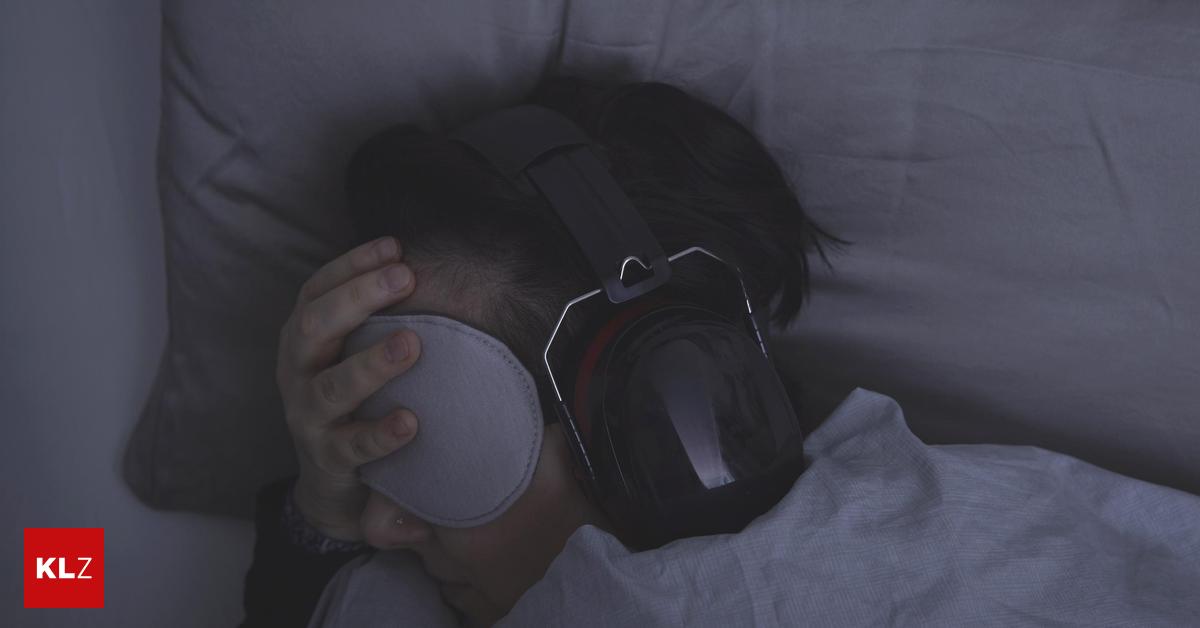Chandelier
Senior Member (Voting Rights)

Verzögerung bei Versorgungsplan zu ME/CFS, Post Covid & Co
Die Umsetzung des "Aktionsplans" zu postakuten Infektionssyndromen (PAIS) dürfte sich weiter verzögern. Mit dem Plan soll die medizinische und soziale Versorgung etwa von Post Covid- oder ME/CFS-Patienten verbessert werden. Laut APA-Informationen rechnet man in der mit der Umsetzung befassten...
AI Summary:
Delays in Action Plan for ME/CFS and Post-COVID Care in Austria
Ongoing Delays in Implementation
The rollout of Austria's national action plan for post-acute infection syndromes (PAIS)—including conditions such as ME/CFS and Post-COVID—is facing further delays. Although the plan was finalized and publicly presented by former Health Minister Johannes Rauch in late 2024, it has not yet been approved by the Federal Target Steering Commission (Bundes-Zielsteuerungskommission), a key decision-making body consisting of federal, regional, and social insurance representatives. A new approval is now expected only by mid-2026.
Lack of Consensus and Political Roadblocks
The action plan requires consensus among multiple stakeholders to be legally binding. However, resistance from federal states and the umbrella organization of social insurance providers has stalled progress. While the new State Secretary for Health, Ulrike Königsberger-Ludwig, expressed hope in August 2025 for approval by the end of the year, internal sources now cite mid-2026 as a more realistic target.
A key challenge remains funding, along with unresolved technical and medical issues. The Health Austria GmbH (GÖG), which is responsible for the technical groundwork, emphasizes that it is not part of the decision-making process but acknowledges the urgency of improving care structures for PAIS patients.
Four Main Areas of Disagreement
The delay centers on four unresolved issues:
- Medical Definition of PAIS
There is no agreed-upon definition of PAIS, including how it differs from Long COVID and other conditions. The National Reference Center for Post-Viral Syndromes at the Medical University of Vienna has provided a framework, but some stakeholders continue to question its validity.- Estimating Patient Numbers
Accurate case numbers are hard to determine due to the lack of mandatory diagnostic coding in outpatient care. Alternative data sources—like sick leave records or care allowance assessments—are being considered, but estimates still vary widely depending on the methodology.- Assessment of Care Needs
Without reliable data, determining the level of healthcare infrastructure needed is difficult. The goal is to create a unified, evidence-based understanding to ensure effective planning.- Nationwide Care Strategy
A cohesive, cross-state strategy can only be developed once definitions and patient numbers are clarified. It requires clear roles, tiered care models, and secure funding. While pilot projects in Salzburg, Vienna, and Eisenstadt are in planning, none have yet been implemented. Some patient groups have criticized existing concepts, calling them inadequate.
Criticism from Patient Groups and Experts
Patient representatives and medical societies have long criticized the inadequate care for ME/CFS and Long COVID sufferers. A recent statement from the Ministry of Social Affairs, claiming "nationwide coverage" for PAIS patients, was strongly disputed by advocacy groups, who say this does not reflect the real-life struggles of affected individuals.
The Pension Insurance Authority (PVA) also faces scrutiny for frequently rejecting applications for disability pensions or temporary rehabilitation allowances—even from severely affected patients. Investigative reports from May 2025 confirmed these concerns.
Conclusion: A Long Road Ahead
Despite a well-developed action plan, political, medical, and logistical hurdles continue to delay the implementation of comprehensive care for PAIS patients. Without a unified agreement and commitment from all system partners, Austria remains without a functional and nationwide support structure for thousands suffering from ME/CFS, Post-COVID, and related conditions.









